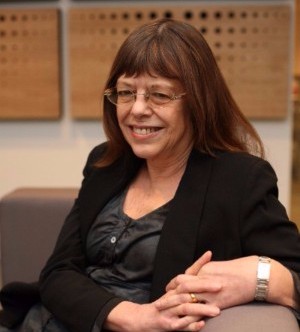
Eight days ago I received a letter from HM Government saying that I fell into the group of people “extremely vulnerable” to coronavirus, meaning if I got it I would be seriously sick. I was therefore to ‘shield’, stay in and have no contact with the outside world at all. My partner could shield too or avoid me completely. I am a privileged person, I have a well paid job and a long, loving relationship so how this affects those insecure in so many ways I can begin, but just begin to imagine. There is a morbid theme in the papers about rationing of ventilators and I think we all – rich and poor, young and old, black and white, gay and straight – we all believe we will be denied them; we are dispensable.
The main thing for me, besides another reminder of death, is that all my health supports – mental and physical – have just melted away. Health and care staff are looking after only COVID 19 patients. Appointments are cancelled or sometimes replaced with phone calls. My mental health centre is closed and phones are staffed on a 1 week in 3 basis. So the service is operating at about 20%. We may dislike our support workers but paradoxically, these relations involve human contact although an unusual sort.
Although public discourse is preoccupied with people becoming anxious, depressed and upset (for very good reasons in my view) the fact that support for all non-COVID health problems has disappeared is not mentioned. I ask myself: what is happening to suicidal people; what is happening to those who cannot feed themselves (malnutrition in 21st Century England?); what is happening to people who cannot get out of bed by themselves. Because for some in my position, only ‘essential’ care staff are allowed through the door. No community resilience allowed. Of course there is the internet. I have it and I use it. People without money, those like Daniel Blake in the film of that name with no technological skills – they are alone in a way that is unimaginable to most. There is self-isolation. And then there is self-elimination.
By Diana Rose, professor of user-led research, King’s College London, and ARC South London’s co-lead for patient and public involvement research

well written Diana – and I wholeheartedly applaud everything you have said here. I think I am lucky in that I have a supportive close relationship and coping mechanisms for my distress – which I know is mild compared to many people’s – but I too have found it is much harder to get any kind of support, other than the Samaritans. I share your concerns about people who can’t get out of bed; people who are in crisis and live alone; and I dread to think what might be happening for people who are suicidal. I wish you all the very best and thank you for keeping up the fight!
Well said. Well put. Keep well.